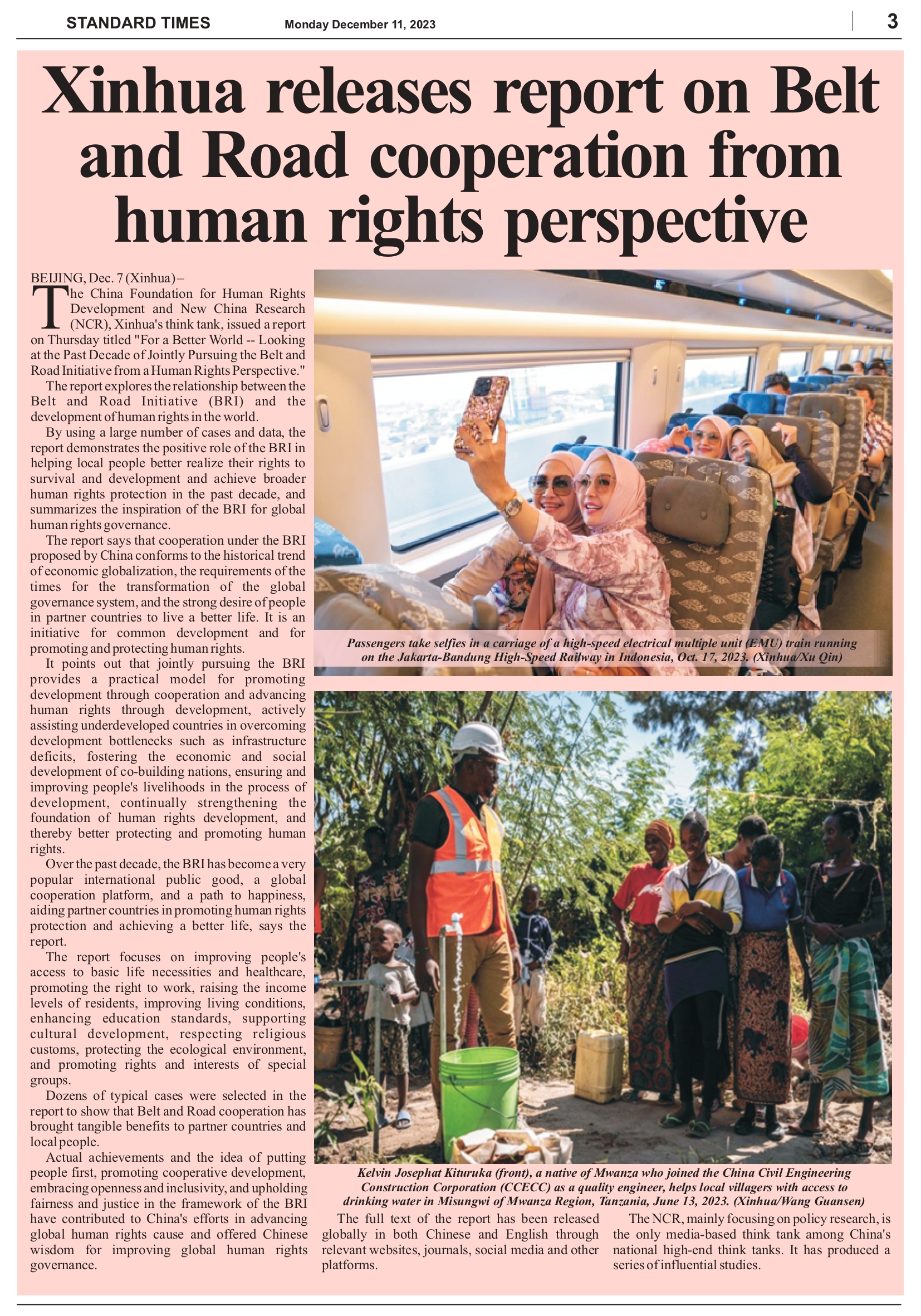Goree Institute Holds Regional Multi-stakeholders Dialogue in Senegal
By Mohamed Konneh
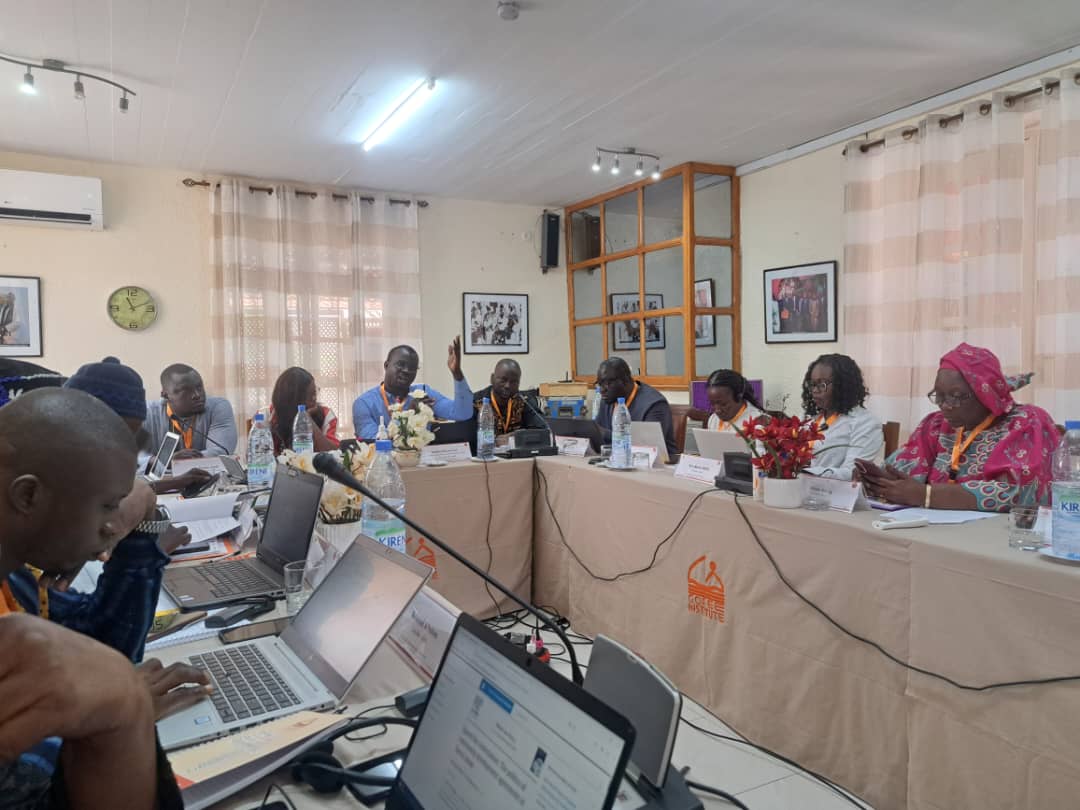
The Goree Institute begins a two-day Regional multi-stakeholder dialogue starting on Wednesday 12th June 2024 on the Extractive industries, local communities and conflict prevention: the role of the state and civil society. The dialogue is been held on Goree Island outside the City Dakar.
The theme of this dialogue is: extractive industries and local communities and conflict prevention: what role for government and civil society?
The dialogue is part of the project title, Promote West African citizen synergy for transparency and equity in the management and redistribution of extractive industry resources. The dialogue is bringing participants from Senegal, Nigeria, Côte d'Ivoire, Guinea-Conakry, Ghana and Sierra Leone.
Giving the overview of the regional dialogue, the project Manager Goree Institute, Houleymatou Balde said despite their revenue-generating potential, the extractive industries can also be a source of tension and conflict within local communities, particularly with regard to access to resources, environmental impact and the fair distribution of benefits.
She said faced with these challenges, a holistic and collaborative approach involving government, civil society and industry players is essential.
Madam Balde noted that the socio-economic context of West Africa presents a paradox:a region endowed with significant natural resources but facing enormous challenges in managing them.
These difficulties she said are reflected in persistent conflicts, alarming human insecurity and chronic political instability, often linked to problematic resource exploitation.
“In this context, the Gorée Institute's project on mineral resources and conflict prevention in West Africa is positioned as a response and aims to understand the links between resource exploitation and socio-political tensions, while strengthening initiatives for more inclusive and transparent governance of these crucial resources,” she said.
Madam Balde noted that inclusive, participatory approach is therefore needed to manage these resources, involving better integration of local communities in decision-making processes and a review of revenue and responsibility- sharing mechanisms.
She cited concrete examples from Guinea (Simandou and Senguélen and Senegal (SOMIVA at Ndendori) highlighting the specific challenges faced in the region's extractive sector.
She said tensions over revenue sharing, environmental impacts and communication difficulties between stakeholders underline the urgent need for concerted, sustainable action.
Madam Balde also mention the recent clashes in Khossantore affirm the absolute necessity of respecting fundamental human rights, promoting dialogue and consultation, and ensuring responsible management of natural resources while respecting the aspirations of local communities.
“These dramatic events must serve as a catalyst for structural reforms aimed at preventing such conflicts in the future and promoting truly sustainable and equitable development in the region,” she said.
The objective of the dialogue aims to explore the extractive industries, local dynamics and conflict prevention of regional integration, to examine the advantages and disadvantages of natural resource management for local communities, the role of our states and Civil Society and to formulate practical and operational recommendations for the AU, ECOWAS member states, and other stakeholders working on the subject and related areas.
Welcoming participants and declaring the regional workshop open the Admin and Financial Director at Goree Institute, Abdoulramane Sow said the workshop is coming at a time day marking an important step for Senegal.
He said the country has started it first oil exploration and that the session will share experiences from other regions.
Mr. Sow noted that the extractive sector comes with many conflicts if not managed as communities are left wallowing in poverty.
He said the project implemented by Goree institute is aim at initiating these discussion on various topics.
The workshop will feature topics including protecting the rights of local communities in the age of the extractive industry issues and challenges for transparent and equitable management and many more.
He assured that the recommendations of the November 2023 workshop guided the theme for this regional session adding that the environmental issues associated with the extractive sector is enormous.
“We have a collective responsibility and our gathering here today is not just to interact but to take a collective action. West Africa has a better feature and we have the power to act and change things,” Mr. Sow.



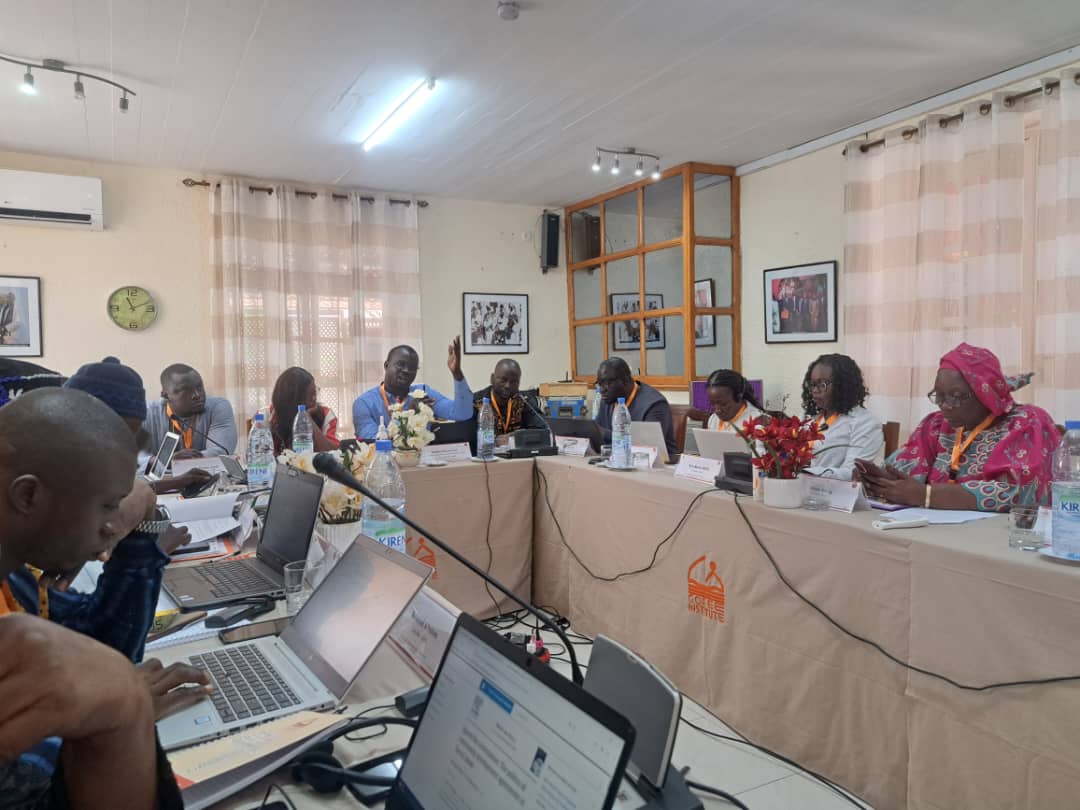

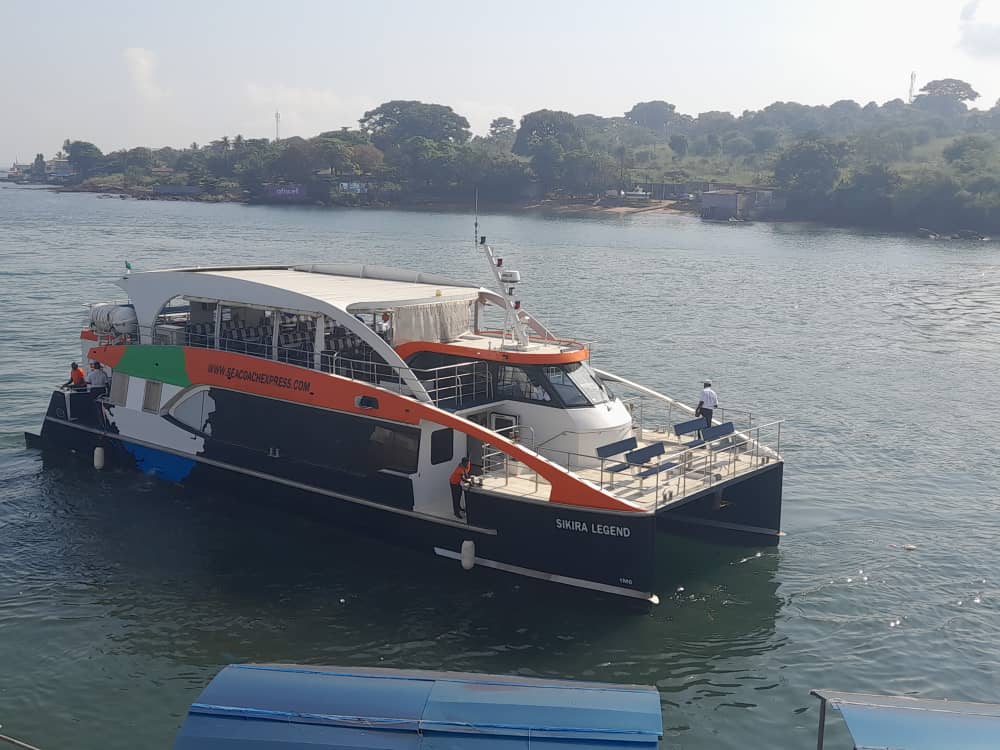
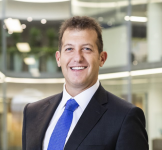
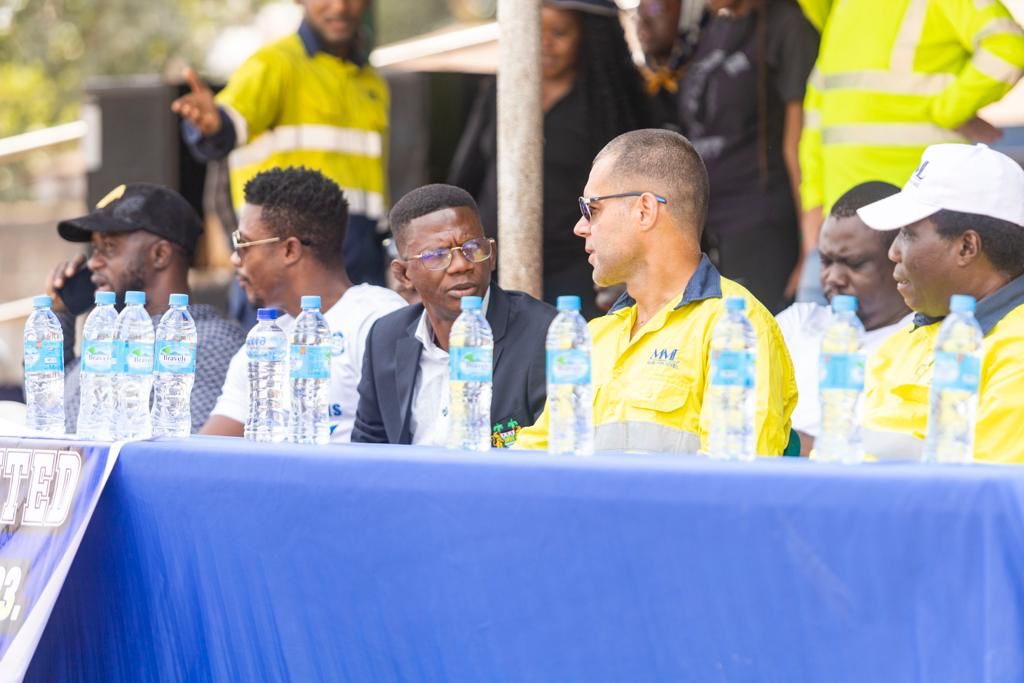

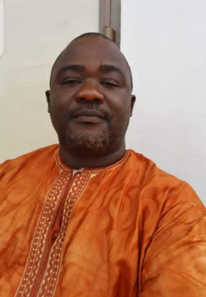





.jpg)
